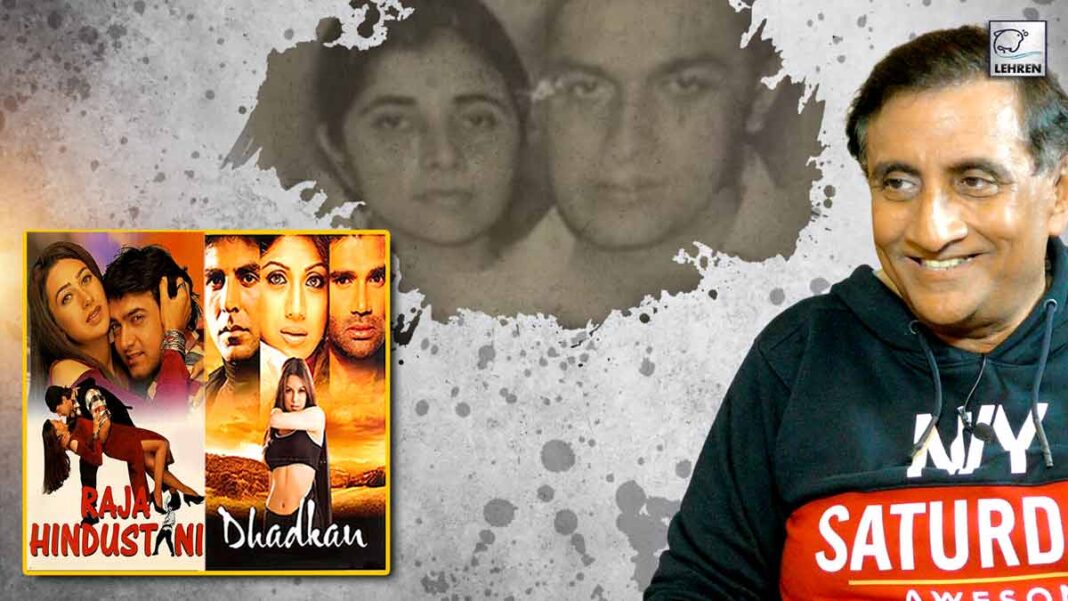In an exclusive interview with senior most journalist Bharathi S. Pradhan, Director Dharmesh Darshan takes a trip down memory lane. He shares fascinating stories and insights about the famous movies he’s directed, such as “Dhadkan,” “Raja Hindustani,” “Lootere,” “Mela,” “Haan Maine Bhi Pyaar Kiya,” “Bewafaa,” and “Aap Ki Khatir.”
Darshan unravels the mystery behind why “Mela” didn’t do well at the box office. He discusses the challenges faced and the reasons for its disappointing performance. He also talks about the significant role Aamir Khan played in the success of “Raja Hindustani.”
In a surprising twist, Darshan reveals how Karisma Kapoor ended up in “Raja Hindustan.” Initially, he had Juhi Chawla in mind, but fate had other plans. He shares the interesting journey that led to Kapoor being cast in the film.
The interview explores Darshan’s choices as a director, especially when it comes to intimate scenes in his movies. He explains why there were no kissing scenes in “Dhadkan.”
Darshan also discusses his special bond with actor Sunny Deol and how protective Deol was during the filming of “Lootere.” Personal stories make their connection even more meaningful.
The making of “Dhadkan” is detailed, showcasing how lead actors Akshay Kumar, Sunil Shetty, and Shilpa Shetty embraced Darshan’s vision.
The interview briefly touches on a dispute with Mahesh Bhatt, who claimed that he was an illegitimate child of his parents. Darshan strongly denies these claims and provides insights about the dispute.
In a touching moment, Darshan shares the challenges his parents faced with their health and how it impacted his life. The article ends with an exciting revelation: Darshan’s successful return to directing films, marking a new chapter in his esteemed career.

